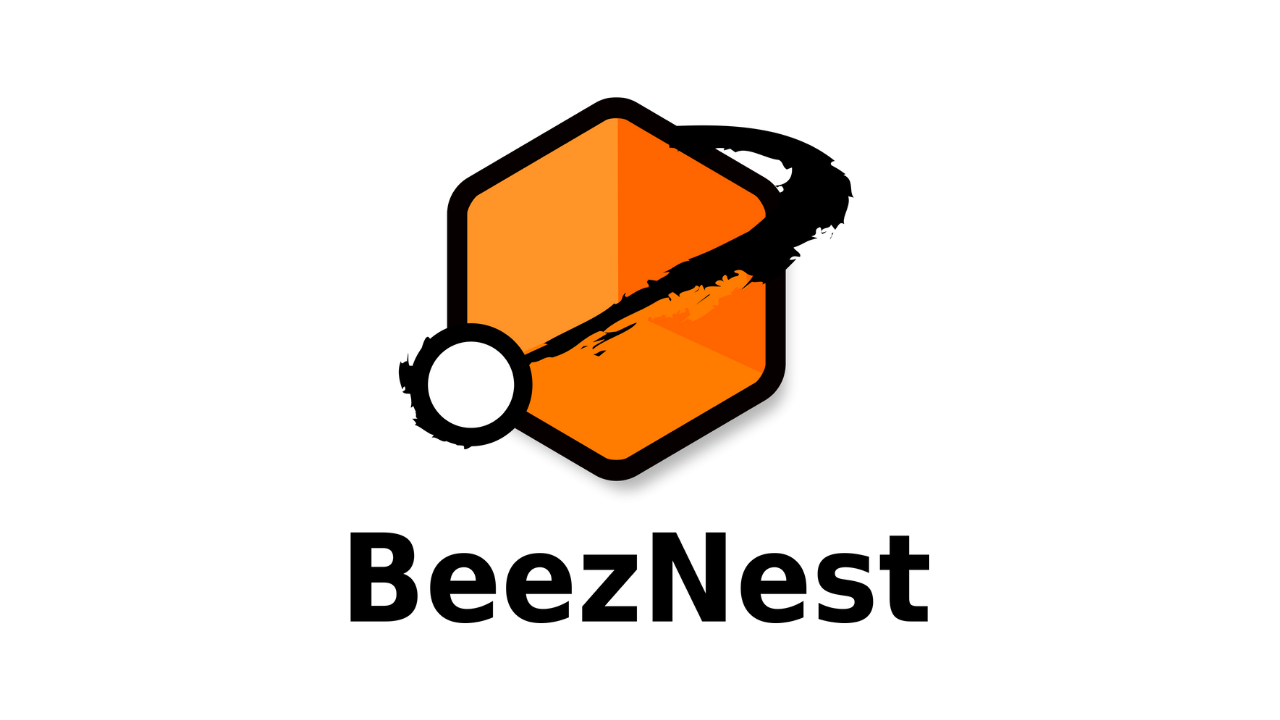Debian GNU/Linux is one of the main and earlier GNU/Linux distribution. You may wonder why it is our preferred distribution. Here is why [1].
- it is entirely Free Software
- it is entirely done by volunteers, and, as such, is not dependent upon any single company anywhere (it also means no-one could ever claim you anything for using it)
- it is secure by default (no network services is running by default), and a great care is put on sensible files permissions
- it is very reliable (each single piece of software has been thoroughly tested before getting into the « Stable » release)
- it has a complete security update system (http://www.debian.org/security/). As they say themselves: « Debian takes security very seriously. Most security problems brought to our attention are corrected within 48 hours »
- it is quite up-to-date (even for Free Software, which can be really difficult to follow!)
- it is possible to deactivate every unnecessary service
- all important configuration files are text-files (easy to parse, modify, and check differences between versions)
- source is available for every and each package, and you can even rebuild it from the ground up yourself
- it is possible to install only absolutely required programs (and you don't need any extra software just for configuration)
- it is easy to add programs or update already installed ones (more than 8710 software packages available in Woody!)
- it is possible to upgrade from one version of the distribution to the next one (in most cases online, and even without having to reboot!)
- it is fully FHS 2.2 compliant, which means every single file can be easily located on the filesystem (easy to find important files or notice unneeded ones)
- it supports a wide range of hardware devices (changing hardware is not a big deal either) and architectures (see http://www.debian.org/ports)
- a lot of documentation is available, and a lot of helpful people uses it around the world
- shell commands history is activated by default
- UNIX-alike (remotely manageable, scalable, network-aware (lots of network tools available), hierarchical filesystem (mount points easily splitable/spreadable), powerful scripting capabilities, ...)
- it uses security tweaks when possible (ex: chroot jail for some potentially weak services, no such service is installed or running on the machines we install)
- it is widely available (everyone with an Internet connection can get it)
- it is "clean"
- it is easily replicable to different machines (see: Replicate Debian GNU/Linux installations with Replicator)
- a lot of mirrors exist all around the world
- it exists in different flavours and many more are coming soon (ex.: Debian GNU/Hurd, Debian *BSD, Debian Win32, ...) and various distributions (commercial or not) use it as base nowadays (see Custom Debian Distributions)
- it has a very advanced QA, including a Bug Tracking System
- we master it, really ;-)
[1] you could find this useful too: http://www.debian.org/intro/why_debian.fr.html
This article was first written in October 2003 for the BeezNest technical website (http://glasnost.beeznest.org/articles/73)


